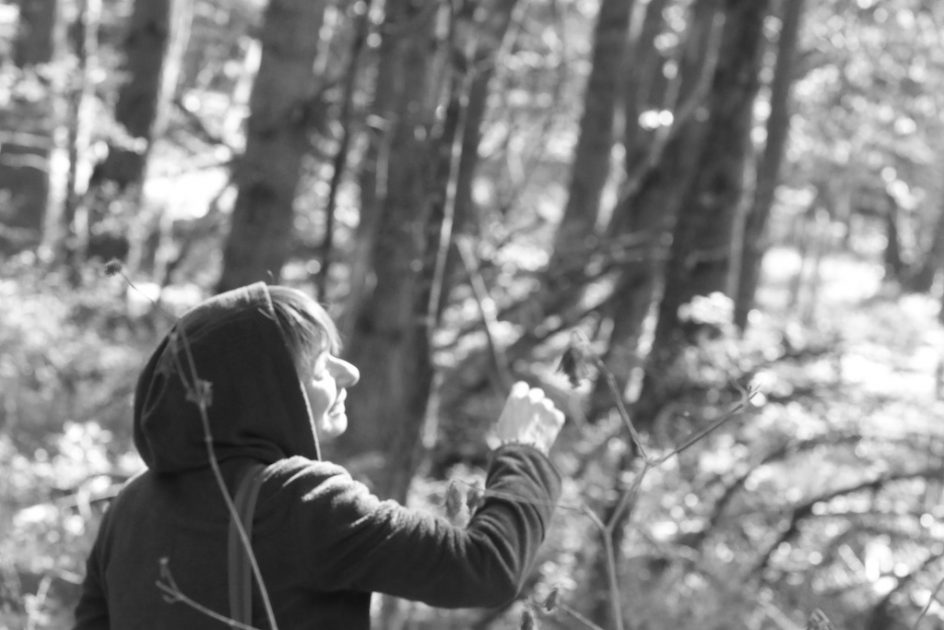
Immigrants have a special status in the forest, writes Peter Wohlleben in his very beautiful book The Hidden Life Of Trees.
Trees fill Maria and I with wonder, we try to walk in the deep woods every day. In contrast to tree species that migrate naturally, immigrant trees arrive without their typical ecosystems. In some cases, just their seeds were important, not their soil or natural connections.
Most of their fungi and all of the insects are left behind in their homeland.
Trees that migrate under their own steam can establish themselves only where they feel completely at home. Refugee trees, trees that are transplanted to save or protect them from harm, must struggle to fit their lifestlyes if they are going to prevail in the presence of powerful old trees that already rule the forest, and wish to keep its resources to themselves.
For trees that we humans introduce to the forest, wrotes Wohlleben, the long-term outcome is a bit like a game of roulette. You never know exactly what is going to happen.
Once trees begin to grow, and their roots are deep and secure, the other trees in the forest accept them completely, and instinctively share the light and nutrients and water and fungi all trees need to survive. Trees will share sunlight and water and try and help their sick or dying neighbors. They will also signal danger and work to fight off insect and other infestations.
I would like to be a tree sometimes, they don’t go on Facebook or spout the dogma of the left or the right, they don’t scream at one another on cable news.
Despite the trouble that sometimes occurs when alien species are introduced to a native forest, Wohlleben says he is not anxious when he thinks about the future of forests. “For on large continents (and the European continent is the largest one of all) species have to come to grips with new arrivals all the time.”
Are the native forests threatened? Sometimes, says Wohlleben. And yet, he says, red wood ants are immigrants too, and therefore, he would argue that no special efforts are necessary for their protection.
I was surprised and touched to read this chapter on immigrants of the forest. I have no trouble understanding that in so many ways, trees are wiser and more generous than we humans are. That is food for thought.
